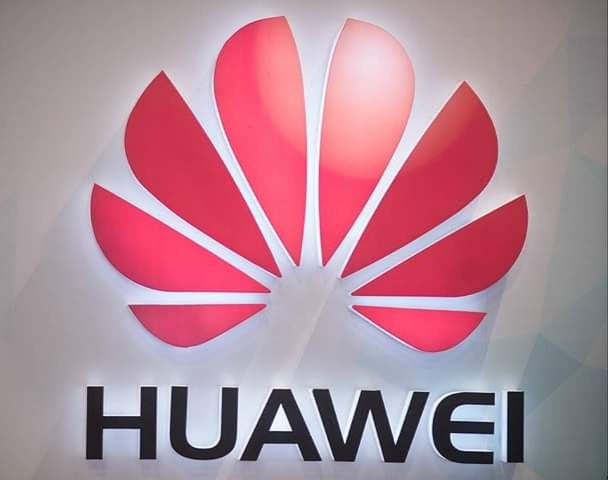By Chen Qingqing
The arrest of Huawei’s CFO and banning the company from some markets will not hinder China’s ambitions to develop and promote the worldwide implementation of 5G which is being driven by government supporting policies and a strong ecosystem, industry representatives said.
Still, uncertainties remain for the industry as the US and its allies continue to block Chinese companies from participating in the construction of 5G networks in local markets.
Huawei, a major provider of 5G equipment around the world, has been entangled in problems, sparking concerns over whether China can still lead the global 5G market, the next generation of wireless network technologies.
Huawei’s CFO, Meng Wanzhou, was detained by Canadian authorities on December 1, at the request of the US, which is seeking her extradition on as yet unspecified charges made by prosecutors in the Eastern District of New York.
Japan also announced plans to ban government purchases of equipment from Huawei and its domestic rival ZTE, becoming the latest country to follow the US, which continues to pressure its major allies to say no to Huawei equipment for national security reasons.
Huawei said in a letter to global suppliers that it is unreasonable for the US government to use this approach to exert pressure on a business entity, according to an e-mail the company sent to the Global Times on Friday.
“Regardless of how unreasonable their approach becomes, the partnerships we have with our global suppliers will stay unchanged,” it said.
The company has purchased a large volume of components ranging from computer processors to wireless connection chips from US suppliers including Qualcomm and Intel, according to a report by Guosen Securities. It also buys radio frequency connectors and memory chips from American chipmakers including Qorvo and Micron, the report showed.
“There is no doubt that countries blocking Huawei pose a considerable obstacle to its research and development in 5G technology,” Li Zhen, an industry expert at Beijing-based CCID Consulting, told the Global Times on Friday. However, these difficulties will have limited impact on China’s 5G development overall as the country has already moved ahead of the US and Europe in commercializing the new technology, he noted.
While some countries rejected Huawei in 5G deals, others have embraced the Chinese firm’s support of local 5G development. Huawei has partnered with local carrier Altice Portugal to implement 5G services in Portugal, the company said on Wednesday.
So far, the company has signed deals with about 50 carriers globally, and delivered 10,000 5G base stations to the world, Huawei told the Global Times in an earlier interview.
Moving forward
The Ministry of Industry and Information Technology(MIIT) of China confirmed on Friday that it has approved 5G trial frequency bands, which will usher in large-scale 5G testing nationwide.
Meanwhile, China Mobile, the largest Chinese carrier, will soon kick off construction of its 5G trial network, Shang Bing, the company’s chairman, said in a document sent to the Global Times on Friday.
Another major carrier, China Unicom is also prepared for full-scale deployment of its 5G network after receiving approval for use of its frequency band, the company said in a statement to the Global Times.
“With this approval, Chinese companies will conduct pre-commercialization trials. To some extent, Western countries’ limited access to Chinese firms will make us do even better,” said Xiang Ligang, chief executive of telecom industry news site cctime.com.
China began to make advances in the telecom industry during the 3G era with its home-grown 3G standard and has grown much stronger during the 4G standard despite pressure from the US, and “these past experiences show we’re capable of overcoming this pressure,” he said.
Infrastructure construction, testing application scenarios and thorough technologies will make 5G deployment a success, experts said. Proactive policies of the Chinese government in supporting 5G networks by allocating frequency bands have also saved costs for Chinese carriers compared to their foreign counterparts, they said.
“Welcome 2019, to embrace 5G,” has already become a global consensus. The cooperation throughout the global industry and supply chain is a must for 5G’s development, according to industry representatives.
China is planning to begin pre-commercializing 5G use next year, and initiate large scale use in 2020, which will unlock business opportunities for a wide range of scenarios such as virtual reality, connected vehicles and advances in artificial intelligence.
Along with political pressures from other countries, the carriers still have to figure out how to maximize value and return in mass commercialization, noted Cui Kai, research manager for IDC.
“But considering the enormous market scale, China is likely to offer much more room for testing different scenarios and finding business value,” he said.


